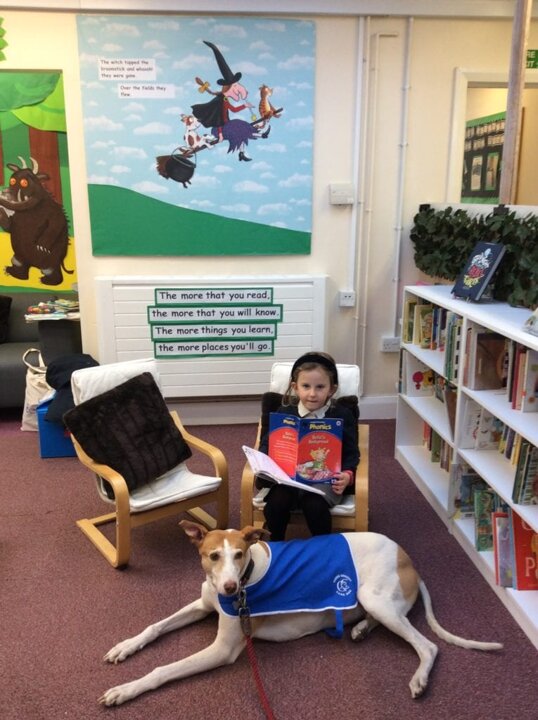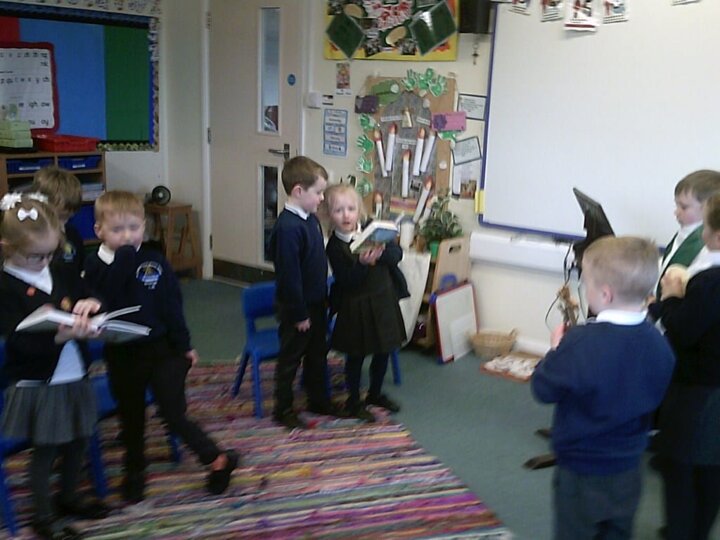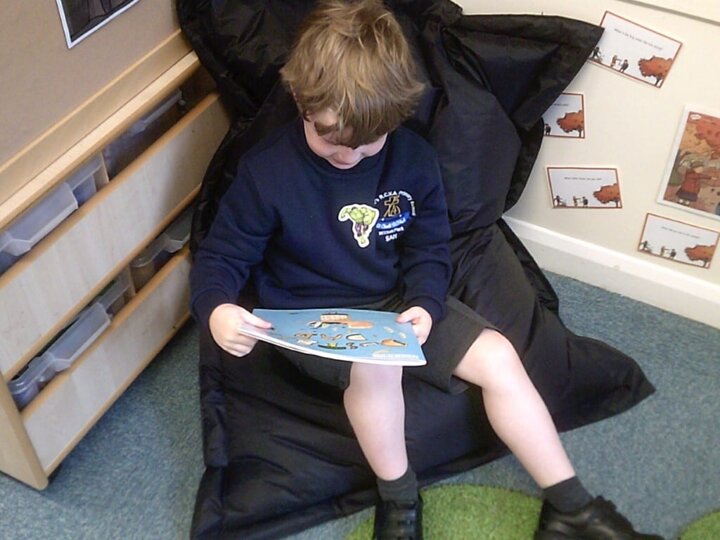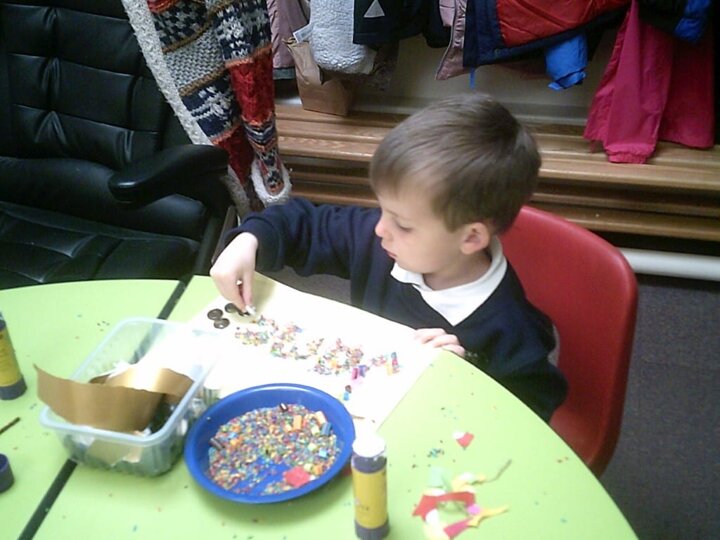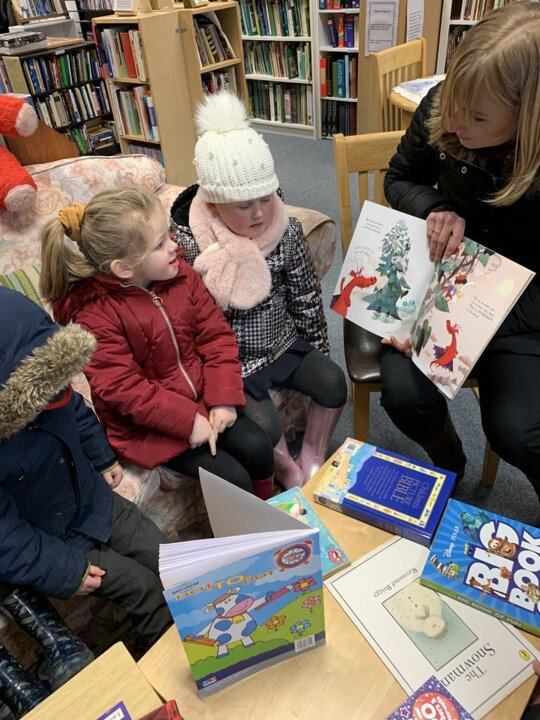Why we teach Phonics & Reading at St. Chad’s
English has a pre-eminent place in education, in society and in St. Chad’s. It teaches our pupils to speak and write fluently so that they can communicate their ideas and emotions to others, and through their reading and listening, others can communicate with them.
Through reading in particular, our pupils have a chance to develop culturally, emotionally, intellectually, socially and spiritually. Reading also enables our pupils both to acquire knowledge and to build on what they already know.
All the skills of language are essential for our pupils to participating fully as a member of society.
How we Phonics & Reading at St. Chad’s
Phonics:
At St Chad’s, we use the Read, Write Inc. (a DFE approved scheme) to teach phonics. This is a synthetic phonics programme that is designed to teach the children to become fluent and confident readers. The children are regularly assessed and additional support is provided for those children who are not making rapid progress.
Speed sounds:
Quickly after starting Reception, the children begin to learn one way to read the 40+ sounds. They blend these sounds into words using ‘Fred Talk’ and then learn to read the same sounds with different graphemes. They also read nonsense words to practise their decoding skills. Some words can’t be decoded and read using Fred Talk and these are known as red words.
This continues into Year 1, and Year 2, where the children learn further ways to read words using the same sounds and different graphemes and apply these to read poly syllabic words.
Phonics screening:
The phonics screening test is taken by children in Year 1 each June. This is an informal test and is a way for teachers to ensure children are making sufficient progress with their phonics and are on track to become fluent readers. Intervention will be put in place for children who do not meet the expected standard.
Reading books:
Half termly assessments ensure that the children are accessing decodable books that are closely matched to their phonics knowledge. Once the children are fluent at recalling the first set of speed sounds, they will begin to read Ditty books to provide them with plenty of practice at blending words using the sounds taught. When they are ready, the children begin to read the storybooks in groups which are closely matched to their phonic knowledge. These books also provide opportunities for the children to answer comprehension questions about the stories. The children will bring home a home reading book that is closely matched to their reading ability. This should be read and re-read to ensure fluency. We encourage our children to read at home on a regular basis.
Accelerated reader:
Once the children are confident and fluent readers, they will progress to our Accelerated Reader scheme. This enables children to read books at their individual reading level and take a short quiz to check their understanding of the book they have read.
Reading Comprehension:
Whole class teaching is used to teach reading skills within the weekly timetable. In EYFS and KS1, these are taught through whole class texts.In KS2, time is allocated to teach discrete comprehension skills linked to the reading domains using age related extracts. These are carefully planned to ensure the children experience texts in different forms.
Reading for Pleasure:
Our aim at St Chad’s is to develop fluent, confident readers who share our love of reading. The children are read a wide range of texts on a regular basis, either through shared reading or story time. with a dedicated reading time enjoyed each day. The EYFS and KS1 classes have a reading area with high quality texts that are carefully selected by class teachers to support the curriculum, develop vocabulary and promote a love of reading. KS2 classes have a reading display which promotes significant authors or texts linked to topics being taught. All children have access to a fantastic library with a range of quality fiction and non-fiction texts and can change their books weekly. We have some amazing reading helpers, including our volunteers, who come into school weekly to listen to children read. We are extremely lucky that Mrs Tippey brings in Pepper, who is a trained reading dog, once a week.
